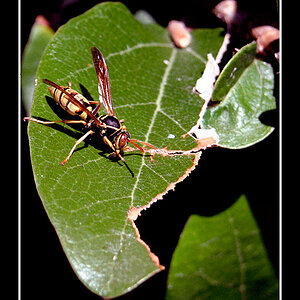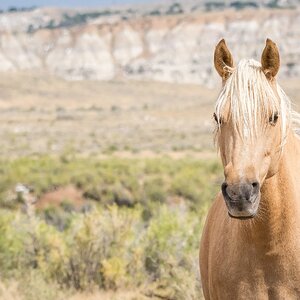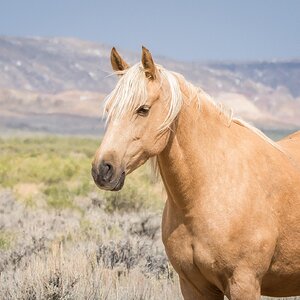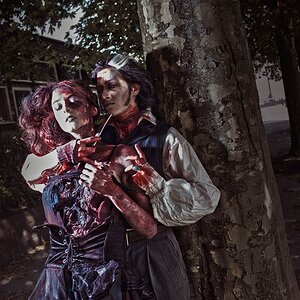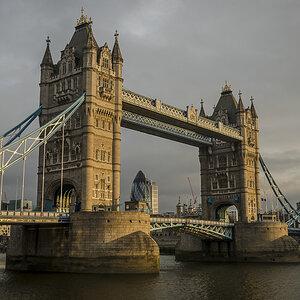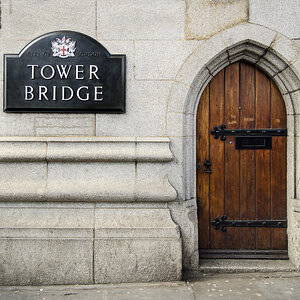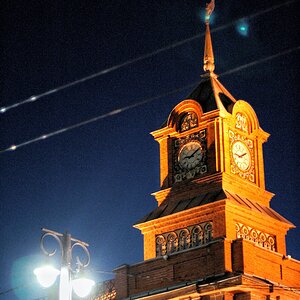Derek Zoolander
TPF Noob!
- Joined
- Dec 15, 2008
- Messages
- 300
- Reaction score
- 0
- Can others edit my Photos
- Photos OK to edit
I've been reading up on this and I'm seeing people suggest anywhere from 50mm lenses to 70-200mm lenses and in between. It appears most say 50mm is the way to go.
My question is this. I find myself having to back up a lot in order to get more of a subjects body in the picture. I can only imagine what I'd have to do with a 70mm shot. Are people suggesting the bigger lenses because they have larger studio space?
My question is this. I find myself having to back up a lot in order to get more of a subjects body in the picture. I can only imagine what I'd have to do with a 70mm shot. Are people suggesting the bigger lenses because they have larger studio space?


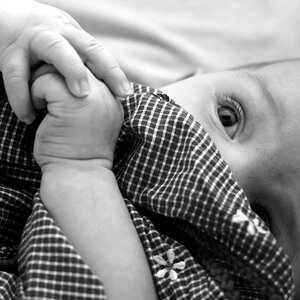
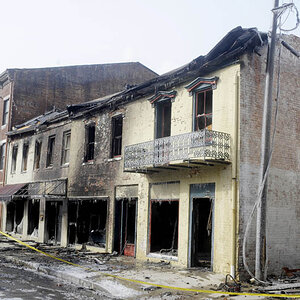
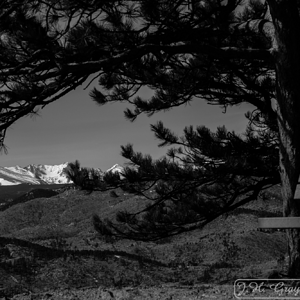
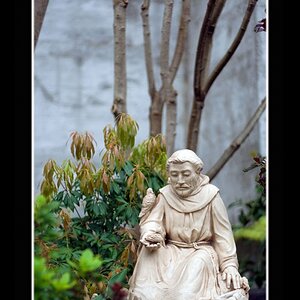
![[No title]](/data/xfmg/thumbnail/41/41785-954f8d646534214ba1f63ad878e73dd8.jpg?1619739891)
